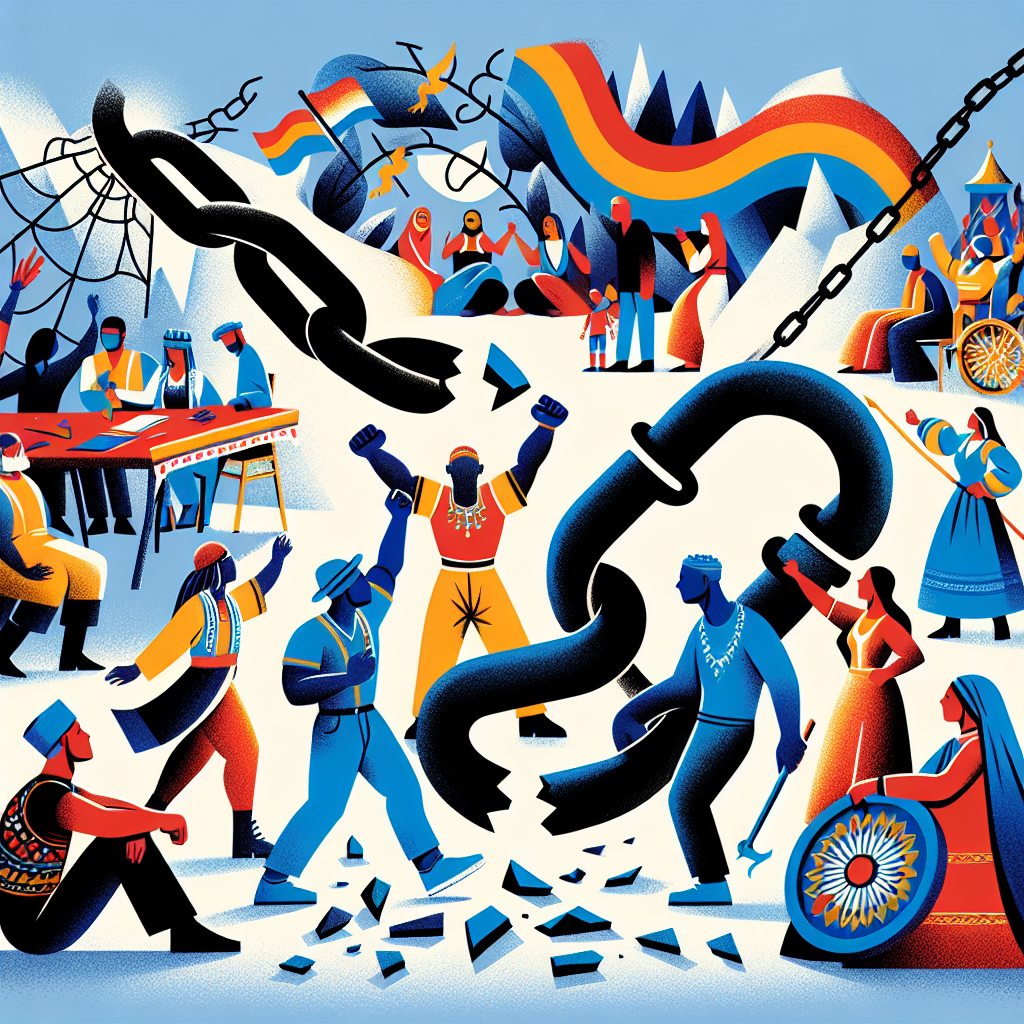The Dangers of Perpetuating Racist Stereotypes About Romani People
The Dangers of Perpetuating Racist Stereotypes About Romani People
Understanding the Issue
The Romani people, often referred to as “Gypsies,” have long been subjected to harmful stereotypes and discrimination. These stereotypes not only misrepresent their culture but also contribute to systemic racism and social exclusion.
Key Stereotypes and Their Impact
- Criminalization: The stereotype of Romani people as inherently criminal perpetuates fear and mistrust, leading to unjust treatment by law enforcement and society.
- Poverty and Laziness: Associating Romani people with poverty and laziness ignores the socio-economic barriers they face and undermines their efforts to improve their living conditions.
- Exoticism: Romanticizing Romani culture as exotic or mystical can dehumanize individuals and reduce their rich cultural heritage to mere caricatures.
Consequences of Stereotyping
Perpetuating these stereotypes has far-reaching consequences, including:
- Social Exclusion: Stereotypes contribute to the marginalization of Romani communities, limiting their access to education, employment, and healthcare.
- Violence and Discrimination: Negative perceptions can lead to hate crimes and discriminatory policies that further entrench inequality.
- Cultural Erasure: Misrepresentation can overshadow the true diversity and richness of Romani culture, leading to cultural erasure.
Steps Toward Change
Addressing these issues requires a multifaceted approach:
- Education: Raising awareness about the history and culture of the Romani people can help dispel myths and foster understanding.
- Policy Reform: Implementing policies that protect against discrimination and promote inclusion is crucial for systemic change.
- Media Representation: Encouraging accurate and respectful representation in media can challenge stereotypes and promote positive narratives.
Conclusion
Perpetuating racist stereotypes about Romani people not only harms individuals but also undermines societal cohesion. By challenging these stereotypes through education, policy reform, and media representation, we can work towards a more inclusive and equitable society.






































